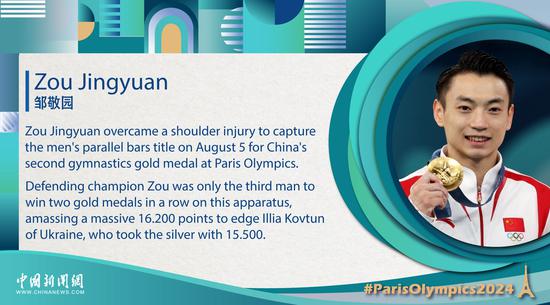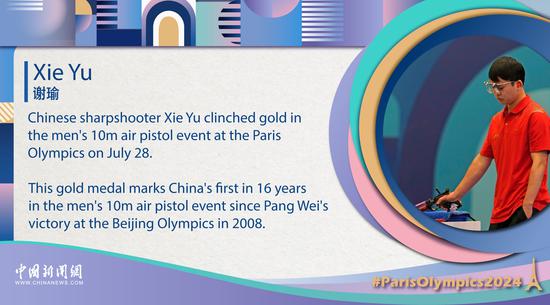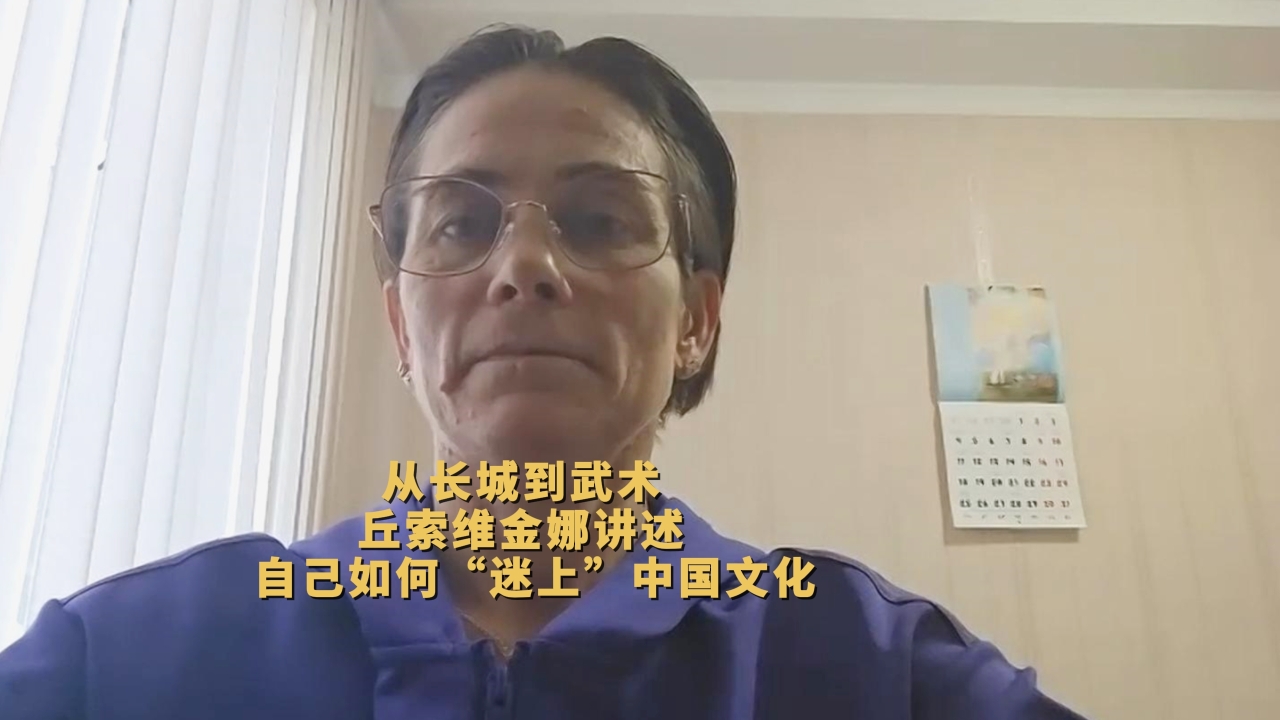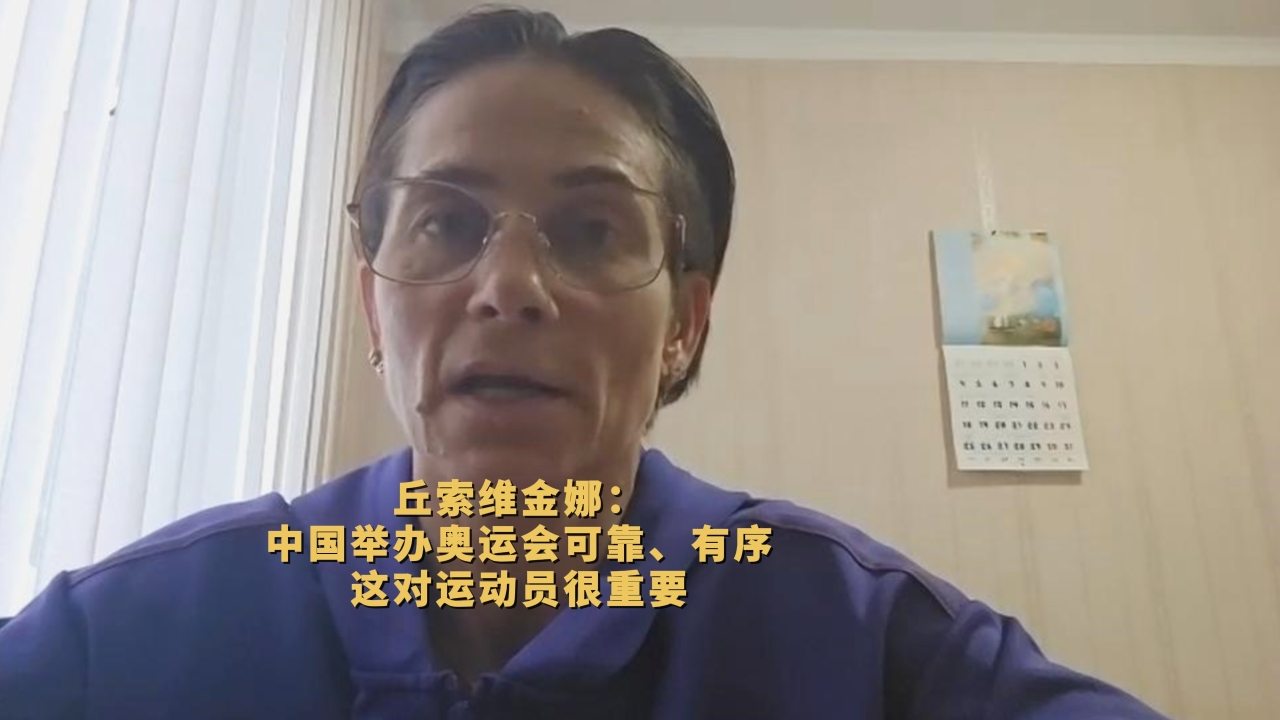China's Anti-Doping Agency (CHINADA) released a statement on Tuesday, saying that the United States Anti-Doping Agency (USADA) has once again displayed typical double standards trying its best to clear American athletes on one hand, but on the other hand accusing CHINADA and the World Anti-Doping Agency (WADA) of "covering up the truth" and demanding sanctions against Chinese athletes while ignoring the repeated clarifications by WADA and the report by the Independent Prosecutor.
The Global Times recently published a report on the doubts surrounding the Adverse Analytical Finding (AAF) case of the U.S. sprinting star Erriyon Knighton. Knighton, a member of the U.S. Olympic track and field team, tested positive for a banned steroid (trenbolone) during an out-of-competition test on March 26, the CHINADA said.
In a surprising turn, the USADA abruptly decided before the start of the domestic qualifiers for the Paris Olympics that no ineligibility would be imposed on Knighton, claiming that Knighton's positive result for trenbolone was caused by his ingestion of contaminated meat, and allowed him to eventually represent the U.S. at the Paris Olympics.
CHINADA said in the Tuesday statement that as reported by the media, many suspicions regarding Knighton's AAF case remain unresolved. Studies have shown that trenbolone is an anabolic agent with strong enhancing effects on strength and explosiveness, and is not a common contaminant.
Hundreds of AAF cases for trenbolone have been reported around the world in recent years, and publicly available information shows that while the athletes involved in most of these trenbolone AAF cases were essentially given a four-year ineligibility, three American athletes have escaped sanctions by claiming food contamination. In the Knighton case, the independent arbitrator concluded that the contaminated meat in this case came from a restaurant in Florida, according to the statement.
The statement also noted that it's a strange coincidence that while USADA didn't start an investigation until two months later, it happened to detect trenbolone in a different batch of beef purchased from the same restaurant.
"If there is indeed widespread beef contamination of trenbolone in the U.S. market, has USADA ever conducted extensive market research and collected supporting data? Has it warned the American athletes about the problem of meat contamination? Has it studied how much contaminated meat can cause a positive test?" CHINADA asked in the statement.
"The Knighton case just shows that USADA's rhetoric about fairness and clean sport runs counter to its actual practices," the statement read.
The U.S. has turned a blind eye to its long history of doping problems, but is obsessed with "cross-border jurisdiction" and asserting sanctions against other countries. It seems that the accusation and attack on China and other countries is its tactic to deflect attention from the serious flaws in its own anti-doping work. This is sheer political manipulation and hypocritical double standards, said the statement.
CHINADA urged USADA to cease fabricating false narratives, politicizing anti-doping and manipulating public perception, to stop disrupting and undermining the well-functioning world anti-doping order and global governance system, and to put an end to the abuse of "long-arm jurisdiction" and threatening and pressuring with so-called "legal means."
"We call on USADA to review the approaches and principles it has adopted in doping cases to ensure compliance with the goals of the global anti-doping system, and to demonstrate due integrity and consistency in their work. This is the right way to regain trust of the international community in its anti-doping work," said CHINADA.

















































 京公网安备 11010202009201号
京公网安备 11010202009201号